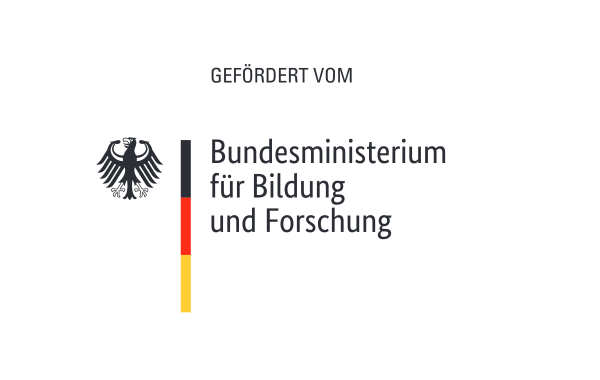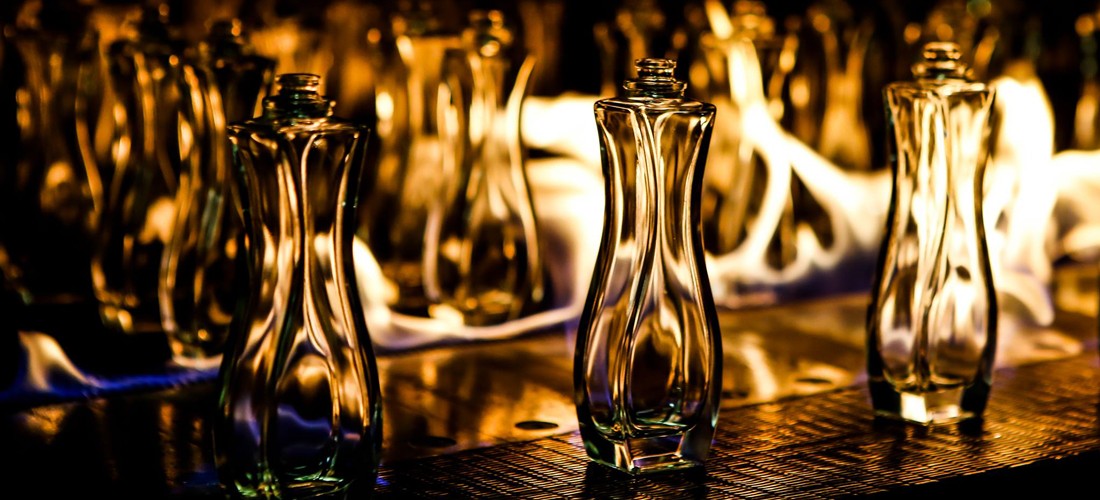Development of a Modular Glass Melting Tank as a Central Component of a Flexible Glass Melting Technology
Subproject: Selection and Testing of Glass Contact Materials
The project DisConMelter aims at realizing a discontinously working, all-electric glass melter with a separate high-temperature storage for molten glass. The all-electric melting of glass is already technically established, and with respect to the energy transition this technology offers the opportunity to fully utilize renewable energy for glass production. However, the all-electric furnace is not yet prepared for fluctuating energy flows and prices.
Within the framework of the project, a new type of electric glass melting tank was designed and built. It aims to achieve decoupling of glass melting and shaping by integrating a storage volume for the glass melt. With the help of thermal simulations, methods were investigated that could make the melting process more flexible through decoupled glass melting and shaping. The separation of rough and fining melt was achieved by tank segmentation, wherein the decoupling of the filling levels is realized by weirs. The filling level in the storage tank remains variable. The increased corrosion of common refractory materials for glass tanks by glass convection was counteracted by installing a molybdenum in-liner. To prevent molybdenum oxidation the entire plant was operated under protective gas. The evaluation of the concept took place on a test module with a capacity of 180 kg glass and a throughput of 12 kg/h.
The results show that with discontinuous melting the energy consumption increases from 1.0 kWh/kg to about 1.5 kWh/kg in contrast to a continuous process, but on the other hand the potential for the use of demand side management increases. After the test operation, materials, robustness and scalability of the system was evaluated. The results show that molybdenum offers good corrosion resistance under inert conditions. Long standby periods may lead to discoloration of the melt. However, in regular operation this can be controlled. Overall, several of the partial solutions and developed components show a sufficient degree of maturity for transfer to industrial scale.
Technical problems in tank construction currently prevent a final evaluation of the developed technology. However, valuable results were obtained with the developed test module, which speak for a further development of this system. Further optimisation, an economic evaluation and long-term experience are however a prerequisite for the DisConMelter technology to become a technologically mature and proven option for glass production.
Project Profile
|
Duration: 01.05.2017 - 30.04.2019 Funding: Kopernikus projects (Federal Ministry of Education and Research) Project Partners: Contact: Prof. Dr.-Ing. Thorsten Gerdes, Dr.-Ing. Andreas Rosin, Dominik Helling |
 |
Related Links
Pageflow of the project at Project Management Jülich (in German)
Project description on the pages of the Federal Ministry of Education and Research


